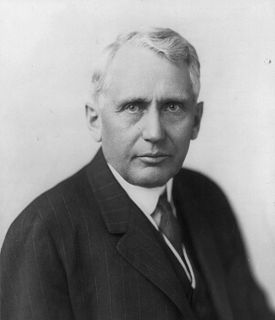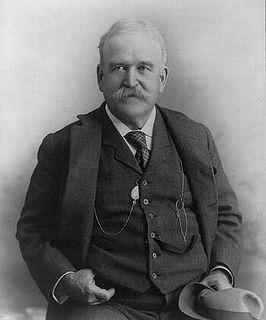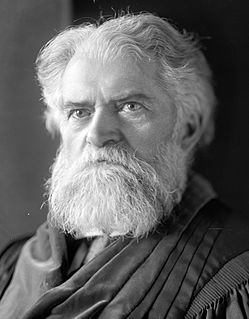A Quote by Patrick O'Brian
I have 60 years of reading to draw upon: naval memoirs, dispatches, the Naval Chronicles, family letters.
Related Quotes
The thing is, Guantánamo is also a naval base, and they're under the delusion - especially the people on the naval side who are not dealing with the prison - that they can just pretend this is an ordinary Caribbean naval base. For them, it's: "Why are you making such a big deal out of the most notorious prison in the world?" It's like if people living near Buchenwald said they wanted to talk about the other lovely things in the region besides the camp.
Unfortunately, every time someone said “debriefing,” the entire flock had one image: someone’s tighty-whities disappearing in a flash. We were smothering our giggles, but it was getting harder. Coupled with the whole “naval this, and naval that,” with its undeniable belly-button connotations, we were essentially turning into a sugar-jacked, sleep-deprived flock of incoherent, silly, recombinant-DNA goofballs. This was not going to end well.
The Battle for the Philippines was the greatest naval battle in history, judged in terms of the number of ships taking part, the number of ships sunk, and the importance of its outcome. It included every form of naval warfare of the 20th century: gunnery duels between battleships; destroyer battles at night and by day, as ferocious and sustained as any at the Battle of Jutland; submarines that stalked the depths; sinking many ships; and finally, carrier warfare on a scale never dreamed of even by the most ardent enthusiasts of air warfare at sea.
'A Naval History of Britain' which begins in the 7th century has to explain what it means by Britain. My meaning is simply the British Isles as a whole, but not any particular nation or state or our own day... 'Britain' is not a perfect word for this purpose, but 'Britain and Ireland' would be both cumbersome and misleading, implying an equality of treatment which is not possible. Ireland and the Irish figure often in this book, but Irish naval history, in the sense of the history of Irish fleets, is largely a history of what might have been rather than what actually happened.






































